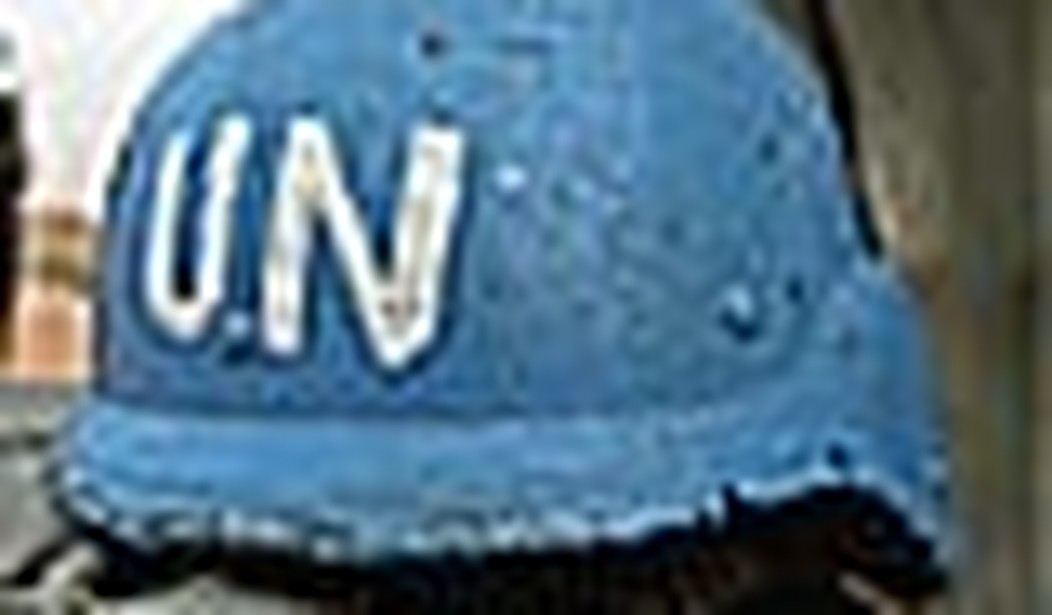That human action or activity often has unintended consequences is not a new observation.
Among the activities that often have results very different from those envisaged or desired is foreign aid. There is probably not a single case of a very poor country being hauled out of poverty by such aid; there are many instances of dictators being kept in power and of civil wars virtually funded by it.
Peacekeeping forces may likewise do things other than keep the peace (though they rarely do that).
To the roll of unintended consequences must now be added the likely introduction of cholera into Haiti by Bangladeshi troops there who are part of the UN peacekeeping force there.
A paper in the New England Journal of Medicine for December 9 from Harvard Medical School shows that the strain of cholera that has caused an epidemic in Haiti probably originated in South Asia, that is to say Bangladesh. The authors arrived at this conclusion by genetic analysis.
Rather coyly, they state:
Our findings have policy implications for public health officials who are considering the deployment of vaccines or other measures for controlling cholera.
This is indeed the case, and the implications are serious. The strain of cholera, that could easily spread, is more virulent than the strain already resident in Latin America; and while the measures necessary to prevent spread are known in theory, they may be difficult to put into practice. Among other things, there is a world shortage of cholera vaccine.
There is a terrible irony to all this that the authors do not mention. The Bangladeshis now suffer from the largest mass outbreak of arsenic poisoning in the history of mankind, thanks to the wells in their country drilled (with the best of intentions, no doubt) by UNICEF. The arsenic was in the groundwater, and millions of Bangladeshis now suffer from chronic arsenic poisoning; and one in four deaths in Bangladesh has now been attributed to it.
Humanitarian action has thus imported mass poisoning into Bangladesh and humanitarian action has now exported cholera from it. Beware of internationalists trying to do good.
One cannot help but wonder whether Bangladeshi troops were used by the United Nations as a means of giving foreign aid, of killing two birds with one stone, as it were. But the whole episode could scarcely have been better designed to feed into Haitians’ paranoia about the designs of the rest of the world on their country. It is interesting that much of the population was convinced that it was the UN troops who had brought the disease, which has now killed more than a thousand people in Haiti, with them, and it appears that they were right. Unfortunately, the law of unintended consequences is not universally accepted: when something bad happens, people suspect human malignity.









Join the conversation as a VIP Member